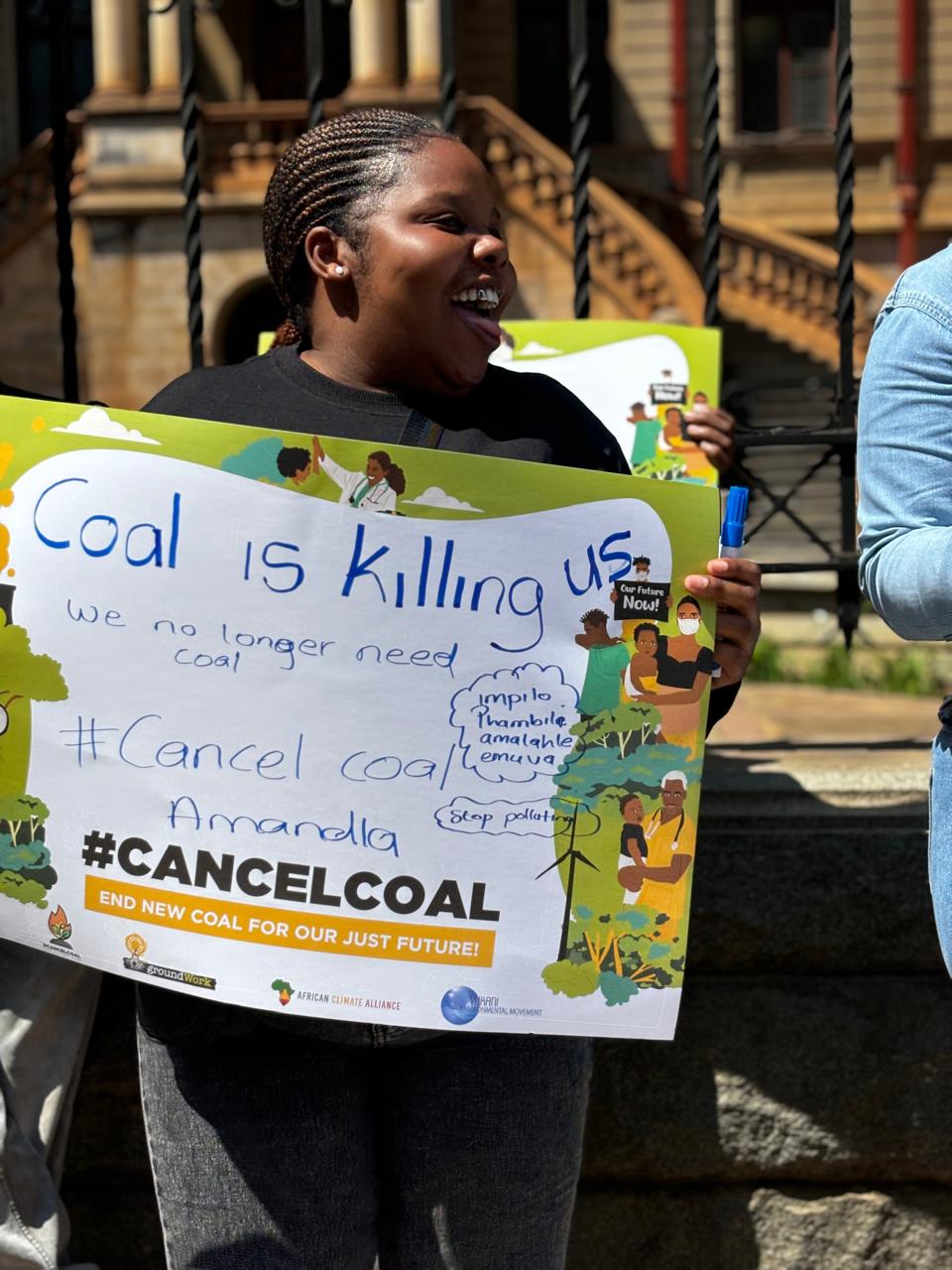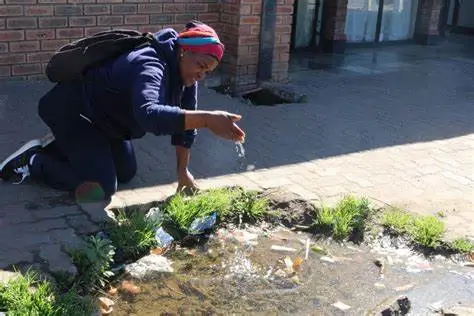As Cyclone Idai barrelled down from Mozambique, Silia Silikuni and her five children and two grandchildren from the Chipinge District in Zimbabwe ran for their lives. Their home had crumpled under Cyclone Idai’s powerful force, leaving Silia with absolutely nothing. She lost all her property, cattle, goats, chickens and important documents. Silia and the children went without food for two days before receiving aid, “I haven’t seen anything like this in my life. We lost everything, but thank God I’m alive.”
Rural women farmers, farm workers, fisher women and peasant communities are at the coalface of the climate emergency with their lives and livelihoods constantly under threat. For this reason, RWA hosted a Climate Emergency SPEAK OUT at the Women’s Jail Conference Room 2, Constitution Hill in Gauteng on 17 November, against the backdrop of the COP27 climate negotiations in Egypt. The objective of the Climate Emergency SPEAK OUT was to put a spotlight on the impact of the climate crisis on the lives of rural women. The SPEAK OUT provided a platform for rural women from Southern Africa to share how climate disasters and extreme weather events affected their lives and livelihoods.
During the Speak Out, Norah Mlondobozi from RWA in Limpopo explained the impact of the changing seasons, “By August we expect rains but it did not came. It came late in November and it was too little, while temperatures were rising up from 28 to 42 degrees. With the little rain that we got, some people started to plant. Too little seeds germinated, and what germinated didn’t last for long, it died because it was very hot.”
Mlondobozi adds that this had a devastating impact on farmers, “Women as food producers – this became a burden to us. We could not feed our families with what we have produced and so we had to go and buy from the shops. So we have started dependency. The shop’s prices are too high which we cannot afford. Livestock farmers were affected by the shortage of grazing land and the shortage of water. They lost a lot of livestock, some never recovered their livestock. Women lost a lot of seeds. Even the drylanders, even today they are no longer farming.”
In recent years, the SADC region has experienced a higher frequency of extreme weather events such as cyclones, floods and droughts. Many people affected by Cycle Idai (2018) are still living in what was meant to be temporary camps and tents for example, facing extreme poverty and finding it virtually impossible to rebuild their lives and livelihoods.
“The cyclone brought a lot of disaster to the Mozambican people. We are suffering,” Mozambican Rural Women’s Assembly member, Lucinda Portugal Da Silva Tomo said. Da Silva Tomo explained that the area where she lives was hit by five cyclones in the 2019 to 2022 period alone. Each extreme weather event causes loss of lives, loss of important documents, loss of seeds, loss of livestock, loss of housing and farming tools. Yet Southern African governments and privileged decision makers from high-emissions countries in the global north, provide little to no support funding or reparations.
Climate disasters are also fuelling GBV, “”When Cyclone Idai hit, we were left with nothing. Some young girls were sexually abused – just because they needed a blanket!” explained Nomatter Mapungwana from the Rural Women’s Assembly in Zimbabwe.
Wealthy nations are amongst those most responsible for the greenhouse emissions which have led to the warming of the planet and climate crisis. Africa has historically produced the least amount global carbon emissions, yet rural African women are left to face the consequences of the climate crisis with no support. “We all have to take responsibility for the Climate Crisis, but some must take more responsibility than others such as the Global North,” Trusha Reddy from WoMin African Alliance explained to the Assembly.
Africa must stand united in the demand for just climate financing in the form of grants/reparations rather than loans. The Southern African Rural Women’s Assembly developed the following Climate Justice demands during the Speak Out:
We demand the roll out of solar power and that every household benefits
Polluters must pay, be sanctioned and penalized such as climate justice funds, for survivors and victims of Climate Disasters such as Cyclone Idai
We demand a Climate Fund and an end to greenhouse emissions
We demand access to land, with title deeds, and running water
We need the government to compensate rural women farmers properly, when our seeds have been destroyed by extreme weather events
The Rural Women’s Assembly should fully participate in the next COP
Rural women’s involvement and participation in climate change related legislation
We demand to be part of the decision making on the use of climate justice and solidarity funds
We demand equitable distribution of water – water rights
To watch a recording of the livestream of the Speak Out, please click here.






